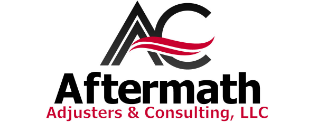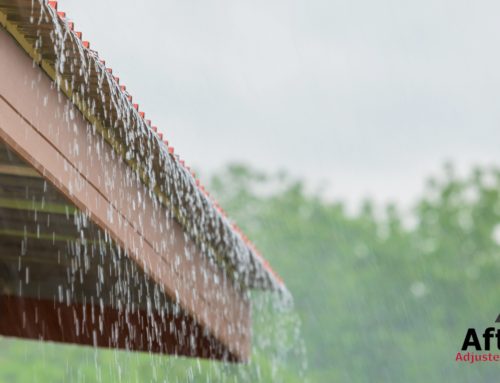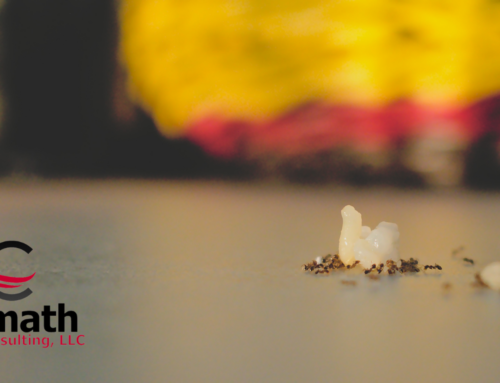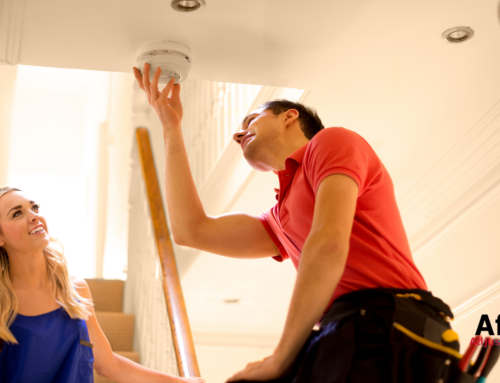August, September and October are when tropical storm activity starts to pick up here in Florida. Aftermath Adjusters & Consulting is here to remind you of a few tips to help you and your home stay safe during hurricane season.
1. Review and Secure Policy Information
You need to look back over your homeowner’s insurance policy. Keep an eye out for anything that looks like tropical storm and hurricane-related coverage. Next, use FEMA’s map service center that shows your community’s flood risk. This can help you determine what flood insurance coverage you need since flooding isn’t covered by standard homeowners insurance.
Another good idea to consider is updating your asset lists. Be sure to make a copy of the policy and updated asset list afterward. Feel free to make a note of our phone number (954-329-2456) on top of them. Once you’re done, put them in your hurricane evacuation bag or at another safe location.
2. Review Emergency Equipment
Make sure that during hurricane season, your hurricane evacuation bag is still well-stocked. Your emergency kit should include:
- First aid supplies,
- A Flashlight,
- Extra batteries,
- Do not forget your pets needs
- A minimum of three days of non-perishable foods
- A minimum of three days of water for every member
- Toilet paper/Sanitary wipes/Soap
- Towels
- A supply of any necessary medications
You should also double-check the back-up battery strength for anything you’ll need in case of a blackout. This includes:
- Cell phones
- GPS systems
- Generators
- Two-way radios
- Battered powered fans
- Flashlights
Stay informed of the storm’s path and progress. You can do this by keeping up Wireless Emergency Alerts through text message. It is also good to have a battery-powered radio or TV available. You might consider reading over the FCC’s tips for phone usage during hurricane season as well.
3. Protect Financial Documents
You will need identification In the event of a disaster. You should also have financial documents so you can begin the recovery process. Important documents should be safeguarded in a bank safety deposit box, computer storage devices (USB drive, CD/DVD), and/or waterproof storage containers.
4. Develop a Family Communications Plan
In the event of a storm, your family should know:
- How to contact one another
- How to get back together if separated
- What to do in different emergency situations
Having a plan can eliminate some of the stress and confusion.
5. Establish an Evacuation Route
Contact your local American Red Cross early in the hurricane season and before a storm to find the nearest shelter to you. You can also download their Shelter Finder App. Then, find the safest route to get there. You should also look to see if your local emergency shelter allows animals and family pets. If not, be sure that you have a plan for your animals.
6. Examine the Landscaping
Take a walk outside once you have finished the paperwork, plans, and reviews to check out your landscaping and outdoor living space. You should consider trimming or removing any tree branches that might become missiles during a storm. Think about securing or storing anything loose that could also take flight during high winds while you are at it. Outdoor furniture and other objects can be potential hazards. Finally, turn off propane tanks, shut off pool pumps and cover with water proof material. This goes for other utilities if you are instructed to do so by emergency personnel.
7. Contact Us
There is one last thing to remember this hurricane season. If your Florida property sustains storm damage, you don’t have to do business with the insurance company all on your own. Aftermath Adjusters can handle that for you. Feel free to contact us for more information on how we can help you with such tasks.









